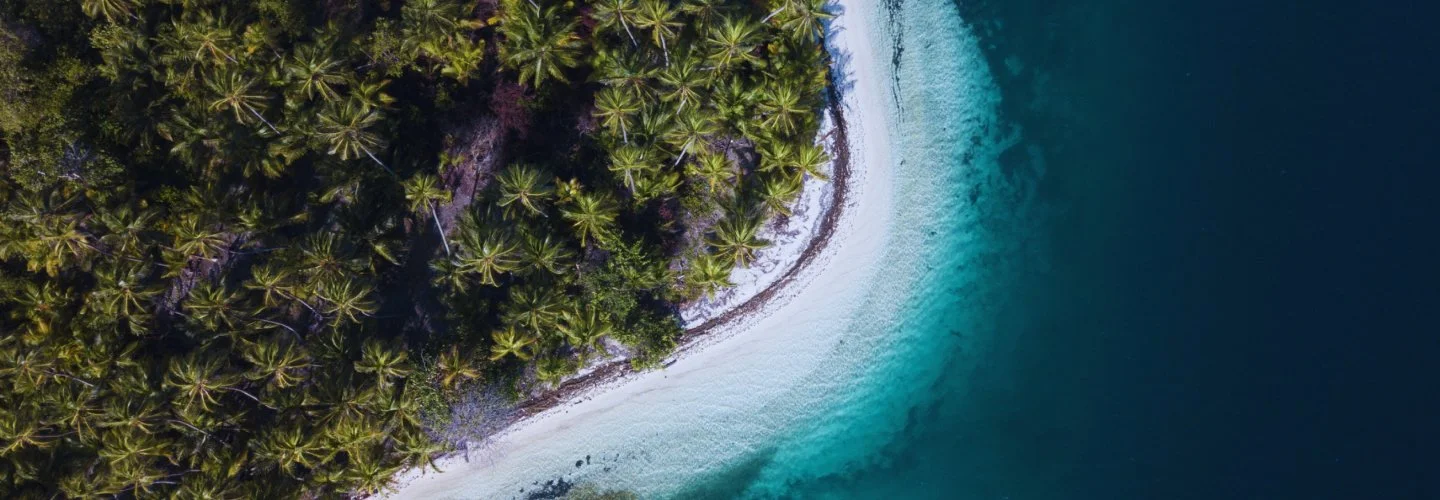Panama Confirms Participation in Island-Ocean Connection Challenge to Restore Island Ecosystems
The country of Panama has reaffirmed its commitment to preserving the biodiversity of its islands by officially joining the Island-Ocean Connection Challenge (IOCC). The announcement was made during the COP 16 on Biodiversity in Cali, Colombia, where Panama’s Minister of Environment, Juan Carlos Navarro, signed an agreement alongside José Cabello, the Head of Operations in Latin America at Island Conservation.
The IOCC, co-founded by international NGOs Island Conservation, Scripps Institution of Oceanography, and Re:Wild, aims to restore 40 island ecosystems worldwide by 2030. Panama’s inclusion in this initiative marks a significant step towards the ecological restoration of its islands and highlights the crucial connection between the ocean, people, and nature.
Minister Navarro’s signing of the agreement emphasized the urgency of supporting such initiatives to protect island ecosystems and prevent the loss of valuable endemic species. By prioritizing the first sites to be intervened, Panama demonstrates its dedication to taking immediate action.
The new letter incorporates updated values, supports fair consultation with communities, and emphasizes the importance of eradication for biodiversity protection. Furthermore, Minister Navarro pledged to appoint a new point of contact in the country and offered his professional team’s support to expedite the next steps, aiming to witness tangible results during his term.
The IOCC welcomes Panama’s participation and looks forward to collaborating with the country to achieve its ambitious restoration goals. With Panama’s inclusion, the IOCC continues to engage more countries from Latin America and around the world in its mission to preserve and restore island ecosystems.
Join the IOCC newsletter to learn more about our projects and donate to help us reach our goal of 40 islands by 2040!

